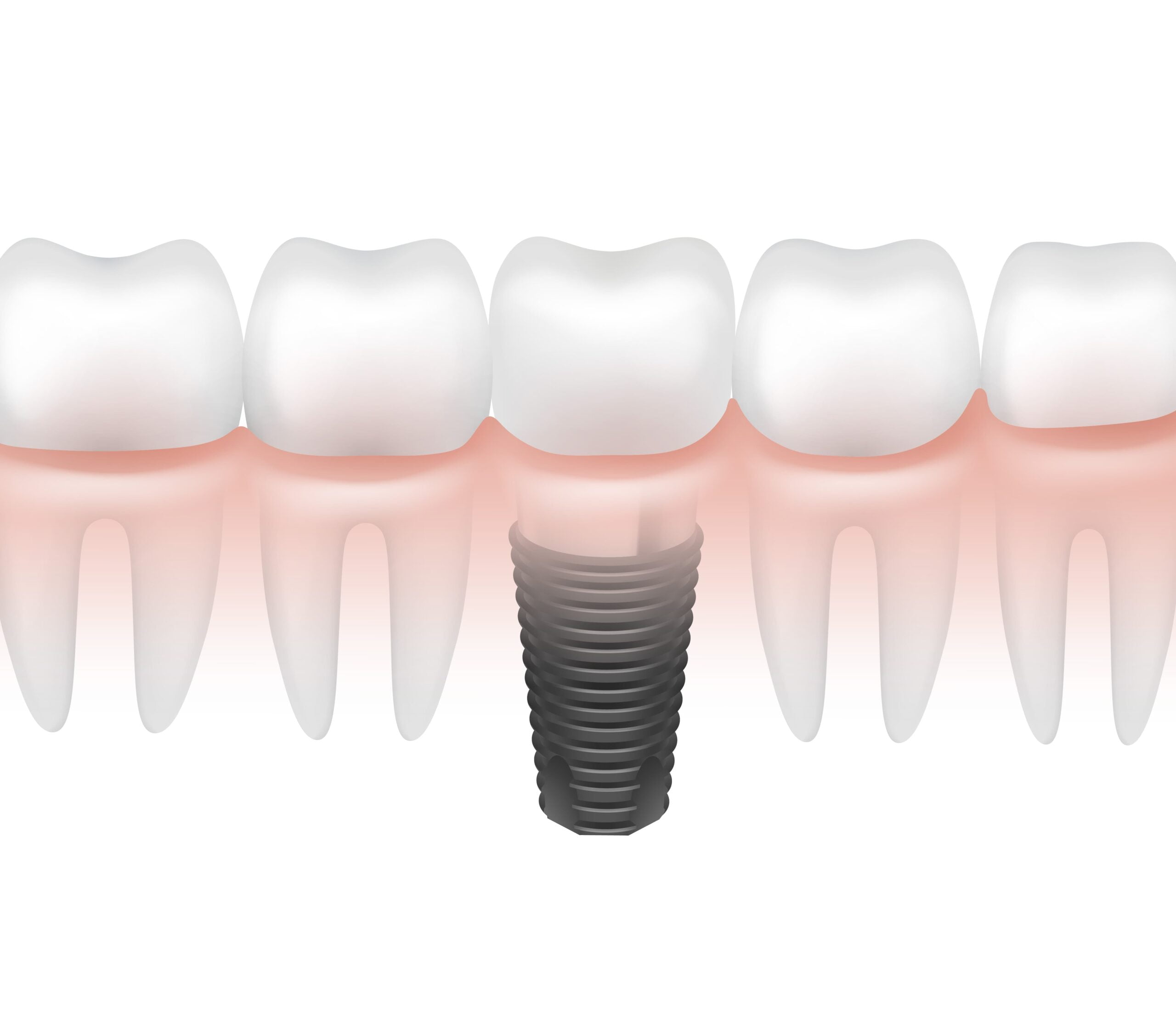
Dental Implants
Everything You Need to Know Before Choosing This Option
Dental implants are an innovative and durable solution for replacing lost or damaged teeth. If you are considering this option, it is important to fully understand what dental implants are, how they work, and what to expect during the process. In this article, we will provide you with all the information you need to know before deciding on dental implants.
What are Dental Implants?
Dental implants are titanium structures surgically placed into the jawbone to replace the roots of missing teeth. These structures act as solid anchors to hold artificial teeth, known as crowns, bridges, or dentures, in place.
Dental Implant Placement Process:
Evaluation and Planning: The first step in the dental implant process is a comprehensive evaluation of your oral health. The dentist will take X-rays and imaging studies to assess bone density and gum health. Then, a personalized treatment plan will be created based on your individual needs.
Implant Placement Surgery: During the implant placement surgery, an incision is made in the gums to access the jawbone. The titanium implant is placed into the bone and allowed to heal for several months while it integrates with the surrounding bone in a process called osseointegration.
Placement of the Crown or Prosthesis: Once the dental implant has healed and fully integrated with the bone, the crown or dental prosthesis is placed on the implant. The crown is designed to match the color, shape, and size of your natural teeth, providing a natural appearance and optimal functionality.
Advantages of Dental Implants:
Natural Appearance: Dental implants look and function like natural teeth, providing an aesthetic and functional smile. Durability: Dental implants are a long-term solution for tooth loss, with a high success rate and durability. Improved Dental Function: Dental implants restore the ability to chew and speak comfortably and confidently. Bone Preservation: By replacing the roots of missing teeth, dental implants help prevent bone loss and the associated facial collapse.
Important Considerations:
Oral and General Health: It is important to maintain good oral and general health before undergoing dental implant placement. Cost: Dental implants may have a higher initial cost than other dental replacement options, but they offer long-term benefits. Care and Maintenance: Dental implants require proper care and maintenance, including rigorous oral hygiene and regular dental visits.
Taking these factors into account will help you make an informed decision about whether dental implants are the right choice for you.
